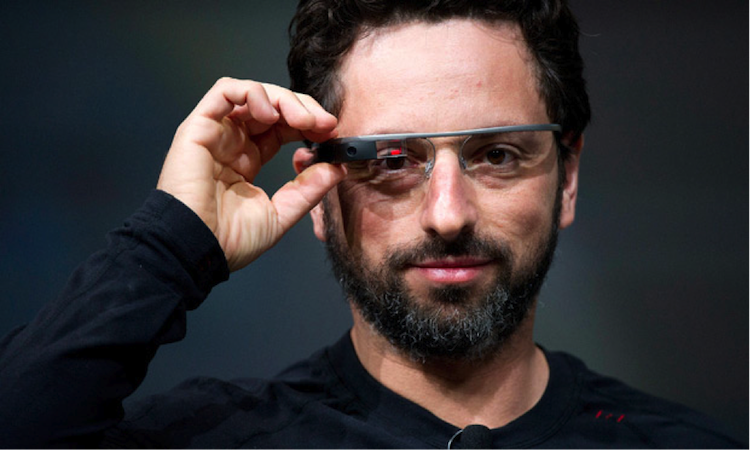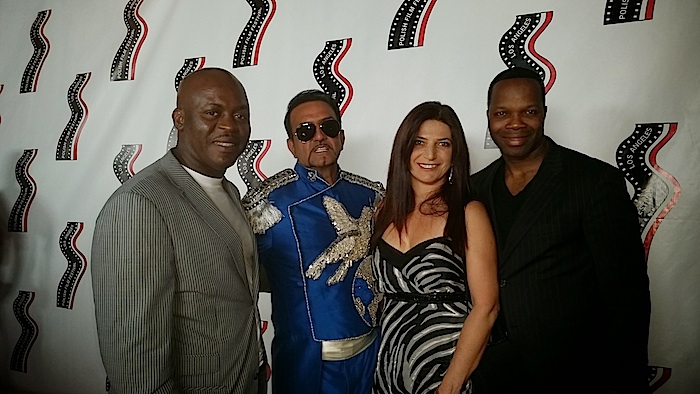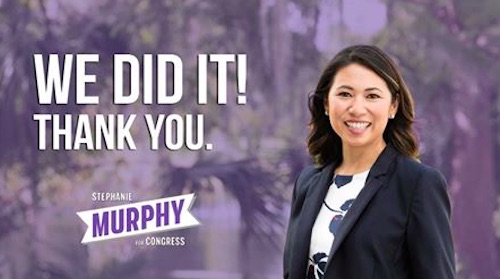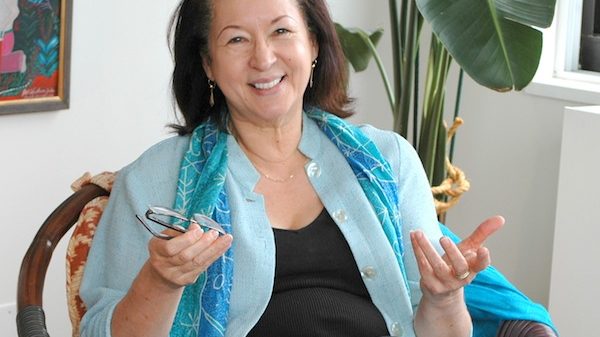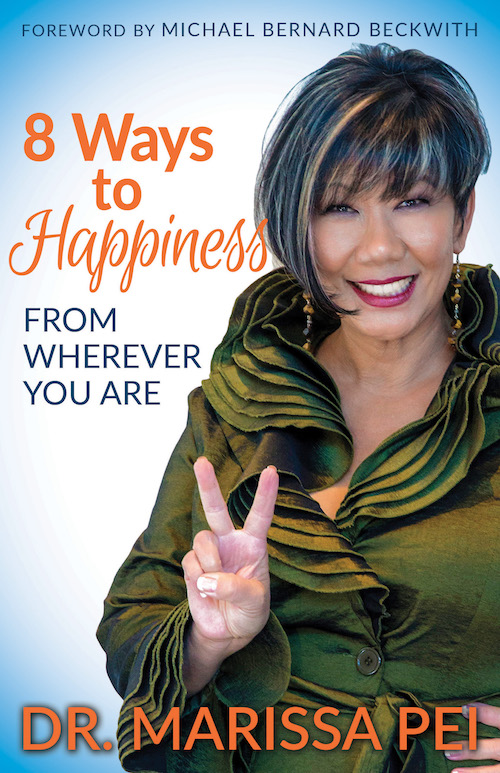In recent years, California has made significant strides in transforming its Medi-Cal program to address longstanding health disparities among its diverse population. Despite achieving its lowest uninsured rate in 2022, many Californians, particularly those from low-income and minority communities, continue to face barriers in accessing timely and equitable healthcare. These challenges contribute to higher rates of illness and mortality among underserved groups. The Speakers included: Pamela Riley, Chief Health Equity Officer and Assistant Deputy Director, Quality and Population Health Management, Department of Health Care Services, Debbie Toth, President and CEO, Choice in Aging, and Michale Whalen, Program Director, The Bedford Center, Choice in Aging.
Transformation Efforts:
Over the past decade, the Department of Health Care Services (DHCS) has undertaken historic initiatives to improve Medi-Cal. These include:
- Expanded Eligibility: Medi-Cal is now accessible to all low-income Californians regardless of immigration status, removing the previous “asset test” requirement.
- Enhanced Language Access: Measures have been implemented to ensure interpretation services are readily available, catering to the linguistic needs of members.
- Community Supports: Beyond traditional medical care, Medi-Cal now offers services like housing aid, nutritional support, and substance abuse treatment, addressing broader social determinants of health.
Health Equity Roadmap:
DHCS has embarked on a comprehensive Health Equity Roadmap initiative to further advance health equity within Medi-Cal. This multi-year effort involves:
- Member Feedback: DHCS conducted a statewide listening tour to gather input directly from Medi-Cal members, particularly from historically marginalized communities.
- Co-Design Phase: Building on the feedback received, the next phase involves collaborating with members, advocacy groups, and community-based organizations to co-design actionable steps for a more member-centric healthcare system.
- Future Directions: The roadmap aims to create a healthcare delivery system that is not only accessible but also culturally competent, addressing both physical and behavioral health needs comprehensively.
Key Stakeholders and Voices:
Dr. Pamela Riley, Chief Health Equity Officer at DHCS, highlighted the importance of these initiatives during a recent briefing. She emphasized the need to dismantle structural barriers and foster trust within communities of color and other underserved populations. The involvement of community partners like Choice in Aging underscores the collaborative approach required to achieve meaningful health equity.
Debbie Toth, representing Choice and Aging, delivered a compelling presentation at the Statewide member listening sessions, shedding light on their comprehensive services and collaborative efforts with DHCS (Department of Healthcare Services). With over two decades of dedication to Choice and Aging, Debbie highlighted their pioneering initiatives aimed at addressing healthcare access gaps, particularly through tailored programs for frail older adults, immigrants, and diverse communities across multiple counties.
Emphasizing inclusivity, Choice and Aging’s approach integrates intergenerational and multicultural programming, including specialized services for Alzheimer’s disease and dementia. Debbie underscored the significance of their Spanish language program, a pivotal component in serving Spanish-speaking populations effectively. She recounted pivotal moments in their journey, such as the realization of cultural nuances within their programs, leading to adjustments that better cater to diverse cultural backgrounds.
Collaborating with DHCS, Debbie applauded their proactive approach in community engagement and listening, noting the profound impact of their initiatives in improving healthcare outcomes. She shared anecdotes illustrating the evolution of their programs, including the reintroduction of language-specific activities to ensure inclusivity and effective service delivery.
Debbie’s presentation not only celebrated their achievements but also advocated for continued innovation and empathy in healthcare service provision, setting a benchmark for inclusive and culturally competent care across California.
Michael Whelan, program director of the Bedford Center at Choice and Aging in Antioch, shared his insights during the DHCS listening sessions for the health equity roadmap. Operating as an adult day healthcare center, the Bedford Center focuses on providing comprehensive care for adults with Alzheimer’s and dementia, emphasizing independence and community support.
Michael described the center as a vibrant space where attendees engage in social activities, light exercise, and receive essential healthcare services like nursing, therapy, and dietary support. Serving a diverse demographic including individuals with histories of homelessness, substance abuse, and mental health challenges, the center strives to maintain a supportive environment where everyone feels valued and cared for.
Reflecting on the DHCS listening session, Michael highlighted the challenges of articulating healthcare needs among participants with varying cognitive abilities. Despite these challenges, he emphasized the profound benefits participants derive from the center’s holistic approach to care, emphasizing socialization and mental stimulation alongside medical support.
Michael underscored the Bedford Center’s role as a community cornerstone, passed down through generations as a place of healing and support. He noted the importance of building strong relationships with caregivers and primary care physicians to ensure seamless coordination of care and proactive health management.
In addressing ongoing challenges, such as expanding enrollment to meet community demand and navigating complex care dynamics, Michael stressed the center’s commitment to adapting and improving services. He acknowledged the specialized expertise required of his team in effectively communicating and advocating for the diverse needs of their participants.
Michael’s perspective not only highlighted the Bedford Center’s integral role in enhancing healthcare equity but also underscored the ongoing commitment to compassionate and inclusive care within the Antioch community.
In conclusion, California’s transformative efforts with Medi-Cal underscore a steadfast commitment to addressing systemic health disparities. Through expanded coverage, improved accessibility, and a focus on cultural competence, DHCS aims to ensure that all Californians receive compassionate and comprehensive healthcare, regardless of their background or circumstances. The ongoing evolution of the Health Equity Roadmap promises to advance these goals further, setting a precedent for equitable healthcare delivery nationwide. This initiative marks a pivotal moment in reshaping healthcare policy and practice, showcasing California’s proactive stance in enhancing health outcomes for its diverse population.
#MediCalTransformation #HealthEquityInitiatives #FutureOfHealthcare #HealthcareInnovation #CaliforniaHealthcare


